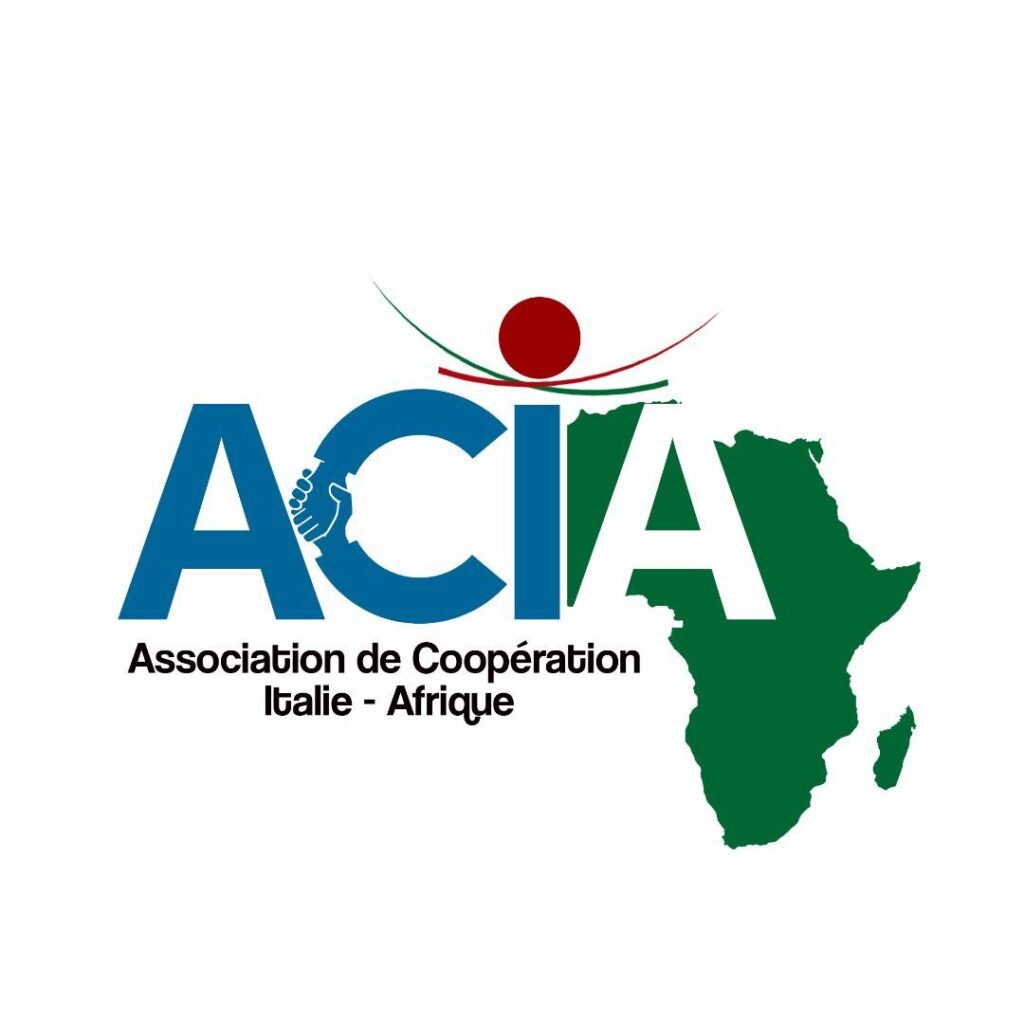Opportunities and Strategies for Export Companies
As an export manager for a company specialising in exports, consultancy and investments in Africa, I was asked to do a focus on the procurement of African Multilateral Development Banks (MDBs), it was essential to analyse the prospects of Foreign Direct Investment (FDI) for 2025 on the African continent. This analysis will enable us to identify emerging opportunities and develop effective strategies for our clients and partners.
Overview of the FDI Market in Africa in 2025
2025 looms as a crucial year for Foreign Direct Investment in Africa, characterised by a cautious but promising recovery after a period of global uncertainties. Forecasts point to moderate but significant growth, driven by structural factors and the peculiarities of the African market.
Key Economic Indicators for Africa
- Economic GrowthAfrican GDP growth is expected to average around 3.8-4.2%, higher than the global average of 3.2%.
- Inflation: After years of volatility, inflation rates are expected to stabilise in many African countries, creating a more predictable environment for investors.
- Interest Rates: African central banks are adopting more accommodative monetary policies, which could translate into better financing conditions for investment projects.
Implications for Exporting Companies and Investors
For companies operating in Africa or planning to expand on the continent, this scenario offers several opportunities:
- Access to cheaper financing: Lower interest rates could facilitate access to credit for expansion and investment projects.
- Price stability: Normalisation of inflation will facilitate long-term financial planning and management of operating costs in African markets.
- More predictable economic environment: Stable growth will provide safer ground for investment decisions and export strategies to Africa.
Emerging Opportunities in the FDI Panorama in Africa
The year 2025 presents several exciting opportunities for companies looking to invest or expand in Africa. Here are the main factors that could drive growth:
1. African Continental Free Trade Area (AfCFTA)
The implementation of the AfCFTA is creating a single market of over 1.3 billion people. For exporting companies and investors, this means:
- Facilitated access to a wider continental market
- Reducing tariff and non-tariff barriers
- Opportunities to establish strategic production hubs to serve multiple African regions
2. Investment in Infrastructure
African MDBs, such as the African Development Bank (AfDB), are increasing their investments in infrastructure projects. This creates opportunities for:
- Participation in tenders for large infrastructure projects
- Provision of goods and services for energy, transport and telecommunications projects
- Technical and managerial consultancy for the realisation of complex projects
3. Digitisation and Technology
Africa is experiencing rapid digitisation, offering opportunities in:
- Development of fintech and mobile banking solutions
- Implementation of precision farming technologies
- Creation of e-commerce and logistics platforms
4. Renewable Energies
The focus on sustainable development is creating a boom in the renewable energy sector in Africa. Opportunities include:
- Large-scale solar and wind energy projects
- Mini-grid solutions for rural areas
- Consultancy and training on clean energy technologies
Challenges and Mitigation Strategies for FDI in Africa in 2025
Despite the positive outlook, operating in Africa still presents significant challenges. Here are some of the main ones and their mitigation strategies:
1. Political Instability and Security Risks
Challenge: Some African countries continue to experience political instability and security problems.Mitigation Strategy:
- Diversifying investments in multiple African regions
- Working closely with reliable local partners
- Use export credit insurance instruments and policy guarantees offered by agencies such as SACE or MIGA
2. Infrastructural Deficiencies
Challenge: Many areas in Africa still suffer from significant infrastructure deficiencies.Mitigation Strategy:
- Focus on projects that include the development of supporting infrastructure
- Working with MDBs and development agencies to finance infrastructure improvements
- Adopting innovative solutions such as the use of drones for logistics in remote areas
3. Regulatory and Bureaucratic Complexities
Challenge: Navigating the different regulatory and bureaucratic regimes in Africa can be complex.Mitigation Strategy:
- Investing in high-quality local legal and tax advice
- Establish strong relationships with local authorities and chambers of commerce
- Using the facilitation services offered by embassies and ICE offices
Key Sectors for FDI in Africa in 2025
Based on current trends and future projections, the following sectors look particularly promising for FDI in Africa in 2025:
1. Agriculture and Agribusiness
- Opportunities: Modernisation of agricultural techniques, cold chains, food processing
- Strategy: Focus on projects that increase productivity and local added value
2. Renewable Energies
- Opportunities: Solar and wind projects, mini-grids, energy efficiency
- Strategy: Participate in MDBs' tenders for large energy projects, offer off-grid solutions for rural areas
3. Infrastructure and Logistics
- Opportunities: Ports, railways, roads, logistics centres
- Strategy: Form consortia with local companies to participate in large infrastructure projects
4. Technology and Telecommunications
- Opportunities: 5G network expansion, data centres, cloud solutions
- Strategy: Offer technology solutions adapted to local needs, collaborate with innovative African start-ups
5. Healthcare
- Opportunities: Telemedicine, local production of drugs, medical equipment
- Strategy: Participate in MDB-funded health systems strengthening projects
Strategies for Maximising FDI Success in Africa
For companies planning to invest or expand their operations in Africa in 2025, we recommend the following strategies:
- Regional ApproachConsider Africa not as a single market, but as a collection of distinct regional markets. Adapt strategies to the specificities of each region.
- Local PartnershipsEstablish strong partnerships with local companies to better navigate the operating environment and access networks of local contacts and knowledge.
- Focus on TrainingInvesting in the training of local staff, contributing to the development of skills and the creation of added value in the long term.
- Adaptive Innovation: Adapting products and services to the specific needs of African markets, considering factors such as affordability and durability.
- Exploiting the Resources of MDBs: Actively utilise the funding and support opportunities offered by the African Multilateral Development Banks by participating in tenders and funded projects.
- Sustainability and Social ImpactIntegrating sustainability and social impact objectives into investment projects, aligning with the development priorities of African countries and MDBs.
Future Perspectives for 2025
The year 2025 presents itself as a year of significant opportunities for Foreign Direct Investment in Africa.
Companies that are able to navigate the complexities of the African market, exploiting emerging opportunities and mitigating risks, will be able to position themselves favourably in a continent that is rapidly emerging as one of the most dynamic frontiers of the global economy.
For our consultancy and investment company, the focus will be on:
- Assisting clients in identifying and evaluating investment opportunities in line with market trends and African development priorities.
- Facilitating participation in tenders and projects funded by African MDBs, using our experience and network of contacts.
- Offer strategic consulting services for the adaptation of products and business models to the African context.
- Support the formation of local partnerships and the development of effective localisation strategies.
Looking beyond 2025, we predict that Africa will continue to emerge as an increasingly important hub for global investment, driven by its growing middle class, rapid urbanisation and adoption of innovative technologies.
Companies that are able to position themselves strategically now will enjoy significant long-term benefits, while contributing to the sustainable development of the continent.






